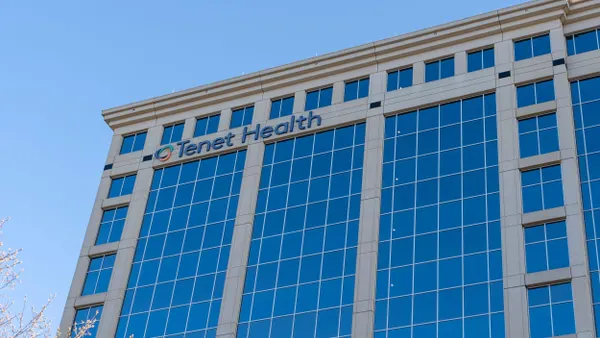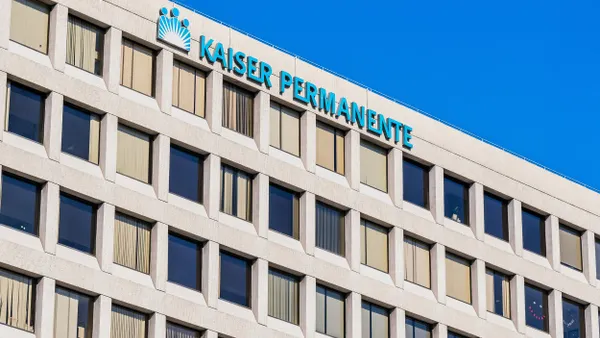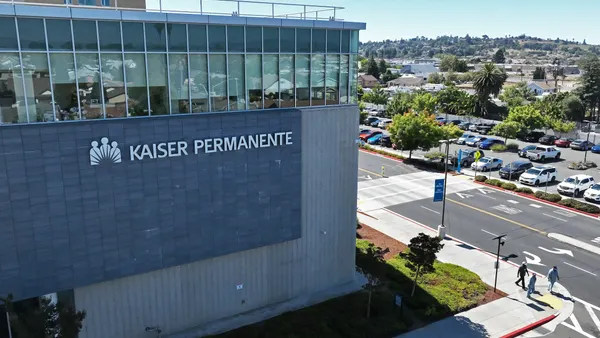Dive Brief:
- CMS is expanding its bundled payments initiative, and more hospitals and other providers are looking to participate. Medicare began notifying new entrants in recent weeks, and they will join the program in January 2015.
- Currently, around 100 healthcare organizations participate in the initiative, which began in 2013 under the Affordable Care Act. They are getting bundled payments for treating all or some of four dozen conditions, including congestive heart failure, heart attacks, pneumonia and joint repair.
- Under the initiative, hospitals, physicians and nursing homes focus on delivering all of the services required by beneficiaries during a comprehensive episode of care for a "bundled," set price. By contrast, Medicare fee-for-service (FFS) pays for each visit, test and procedure, encouraging a higher volume of services.
Dive Insight:
While the jury remains out on the effectiveness of new healthcare financing models, CMS's expansion of bundled payments underscores the federal government's intent to shift away from FFS and volume-based care and instead to accelerate financing reforms.
Yet there is not much transparency on the national effort: CMS declined to tell Modern Healthcare about the number of new organizations joining the bundled payments initiative or about the results of an independent evaluation of current program participants' work. It is still early in the process, an executive at New York-based North Shore-LIJ Health System told Modern Healthcare. North Shore-LIJ Health System, among the first to enter into Medicare bundled-payment contracts, is testing nine bundled payments for heart disease, stroke and orthopedic surgery across four hospitals.
Once CMS starts talking, it will be interesting to discover whether bundled payments and other financing reforms actually result in fair compensation to providers, less waste in the system, care coordination and better patient outcomes, and, in the end, produce a more efficient delivery system.













